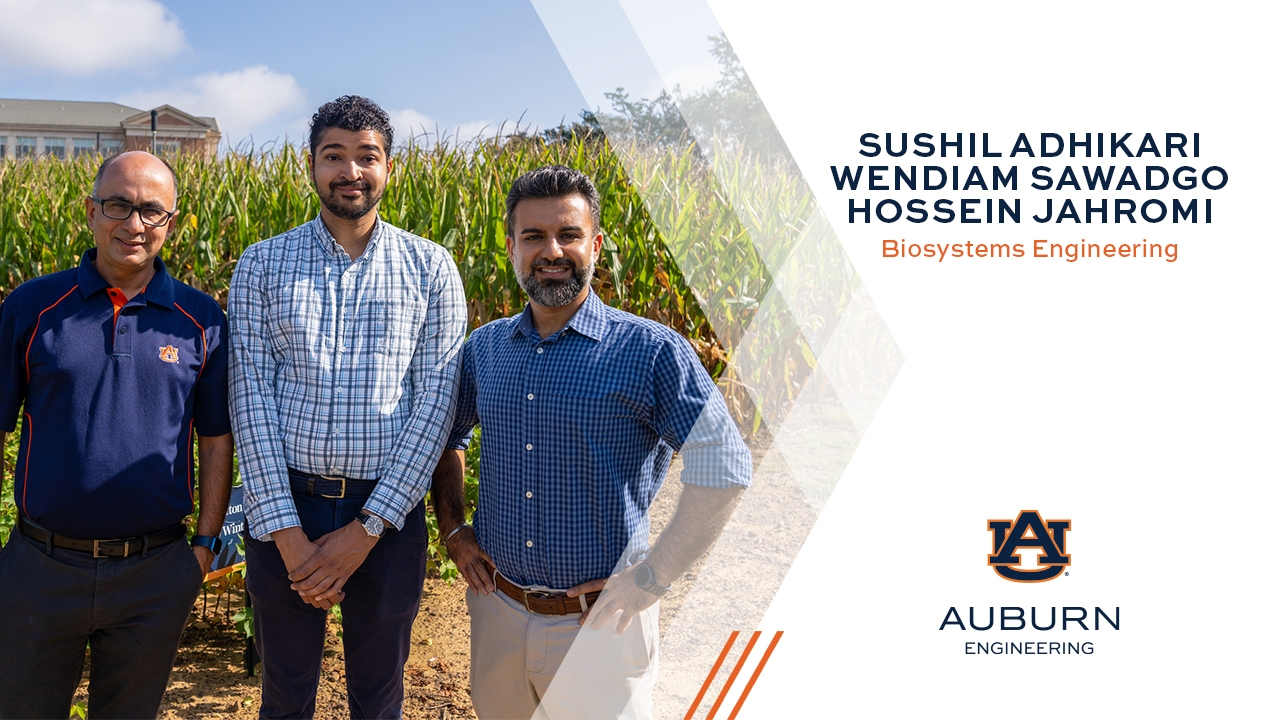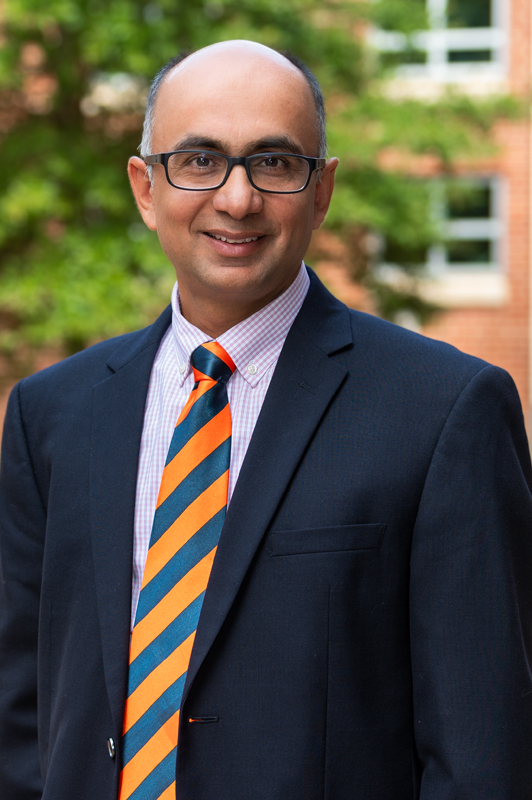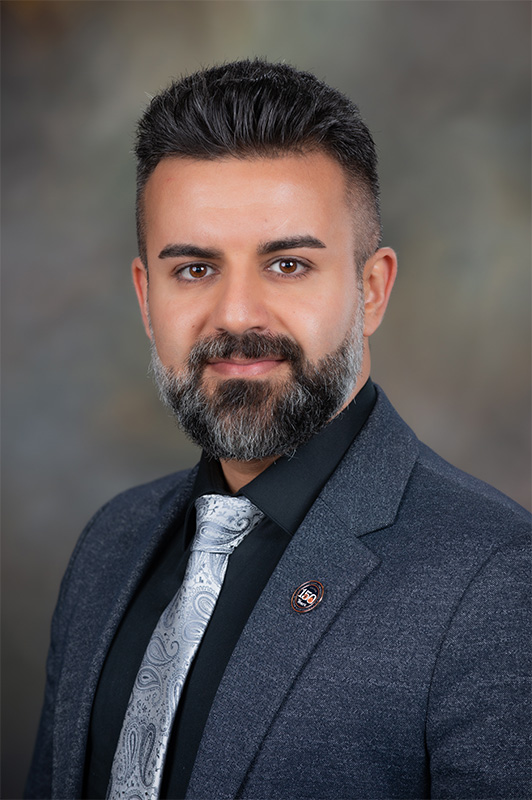$1M USDA-funded phosphorus mitigation project latest in CBB’s growing research portfolio
Published: Aug 25, 2023 11:00 AM
By Jeremy Henderson
For Auburn's Center for Bioenergy and Bioproducts (CBB), 2023 is coming up roses. And ryegrass.
That's one of the model crops CCB researchers, along with a team of academic collaborators from the University of Delaware, New Mexico State University, Ireland and Northern Ireland, will use for a $1 million USDA National Institute of Food and Agriculture (NIFA) project testing the efficacy of a dual-function biochar substrate — duo-biochar they're calling it — that captures excess phosphorus in soils and releases it slowly to meet plant needs. The main idea, ultimately, is to keep the stuff out of oceans and lakes where too much phosphorus runoff from increasingly expensive synthetic fertilizers contributes to those large, oxygen-deprived "dead zones" — the Gulf of Mexico has one the size of New Jersey — you read about in the news.
"Biochar is a material made from plants through the thermochemical conversion of biomass," said CBB director Sushil Adhikari, Alumni Professor in the Department of Biosystems Engineering. "It has micro, meso and macro-pore networks, functional groups and inorganic compounds that can absorb phosphorus. However, regular biochar isn't usually made to distribute phosphorus to plants because fundamental science on the transient nutrient retention and release of biochar is lacking."
At least, it's lacking for now.
"Over the next year, our team will use state-of-the-art material characterization techniques to gain insight into slow phosphorus release properties in greenhouses and field trials conducted in Ireland and Northern Ireland," Adhikari said; in the Republic of Ireland and Northern Ireland, recent studies show high legacy phosphorus applications saturating soils with phosphorus which increasingly threatens water quality in the countries' lakes.
Adhikari serves as the project's principal investigator; Co-PIs are Wendiam Sawadgo, extension professor in the College of Agriculture, and Hossein Jahromi, assistant research professor in the Department of Biosystems Engineering.
"Expanding the utility of biochar also has the potential to sequester carbon while providing agronomic benefits," Adhikari said. "In that respect, we feel this project can also help reduce the agriculture sector's carbon footprint and address the impacts of climate change."
The same could be said for most recent CBB research.
Back in January, there was the $2 million Department of Energy grant aimed at producing hydrogen — with far less of the nasty side-effects — from the stuff found on forest floors (and in municipal sewers). A dirty job to be sure but exactly the sort of next-level technology the future demands "if we're to truly curb the greenhouse gas emissions so far inevitable with hydrogen production," Adhikari said.
There was also another NIFA grant for research into a novel method developed by Jahromi to produce eco-friendly biolubricants from waste cooking oil (WCO) to serve as base oil in automotive lubricants.
Oh, and the CBB will also significantly factor into research for Auburn’s $6 million role in a just-announced four-year National Science Foundation project titled “Developing effective adaptation strategies to enhance the resilience of farmers under changing climate.”
"The resources and faculty we have at Auburn truly support the center's mission to identify and address barriers to the development of alternative fuels and energy," Adhikari said. "And along those lines, yes, so far, it's been a pretty good year."

Sushil Adhikari, Wendiam Sawadgo and Hossein Jahromi.



